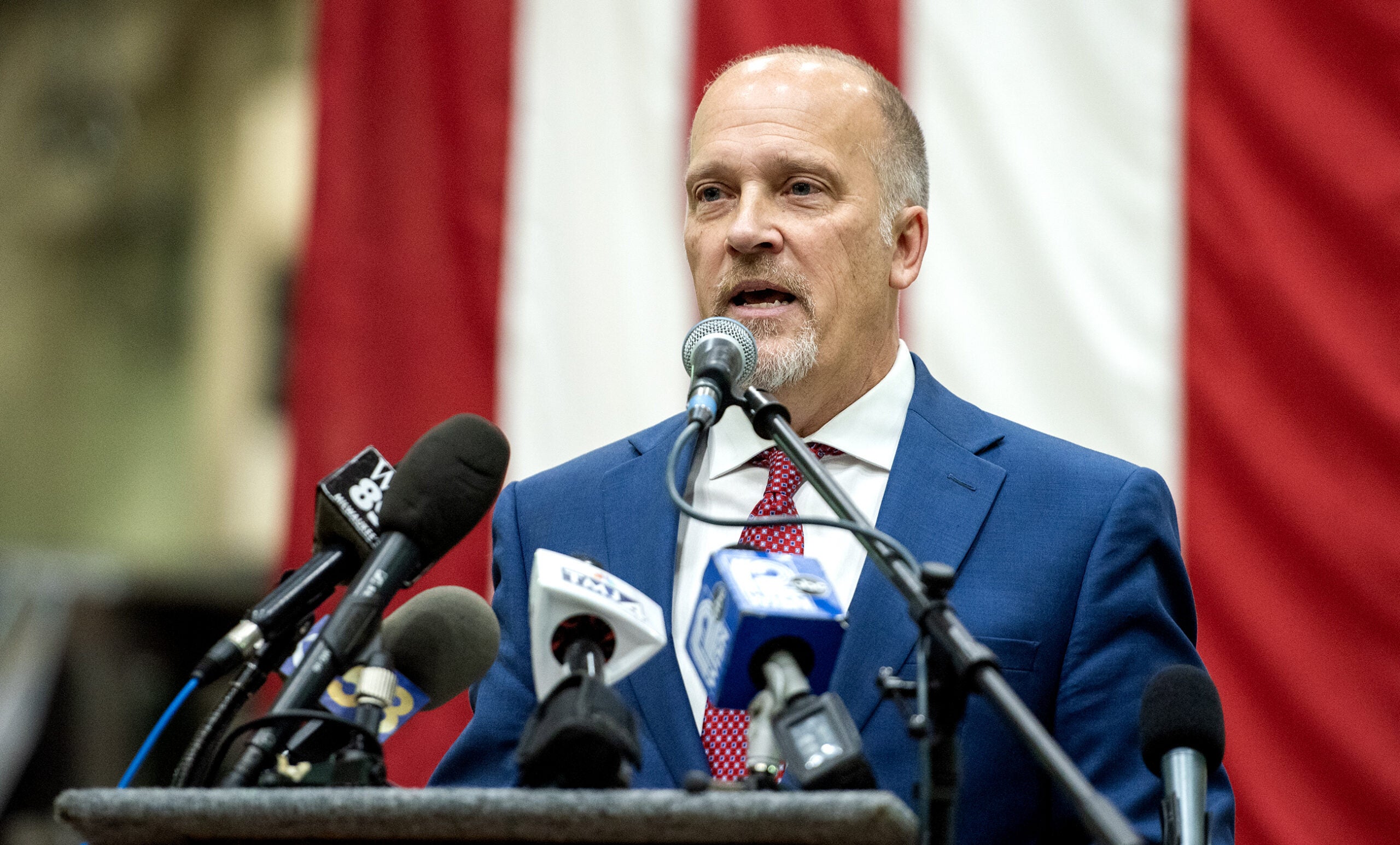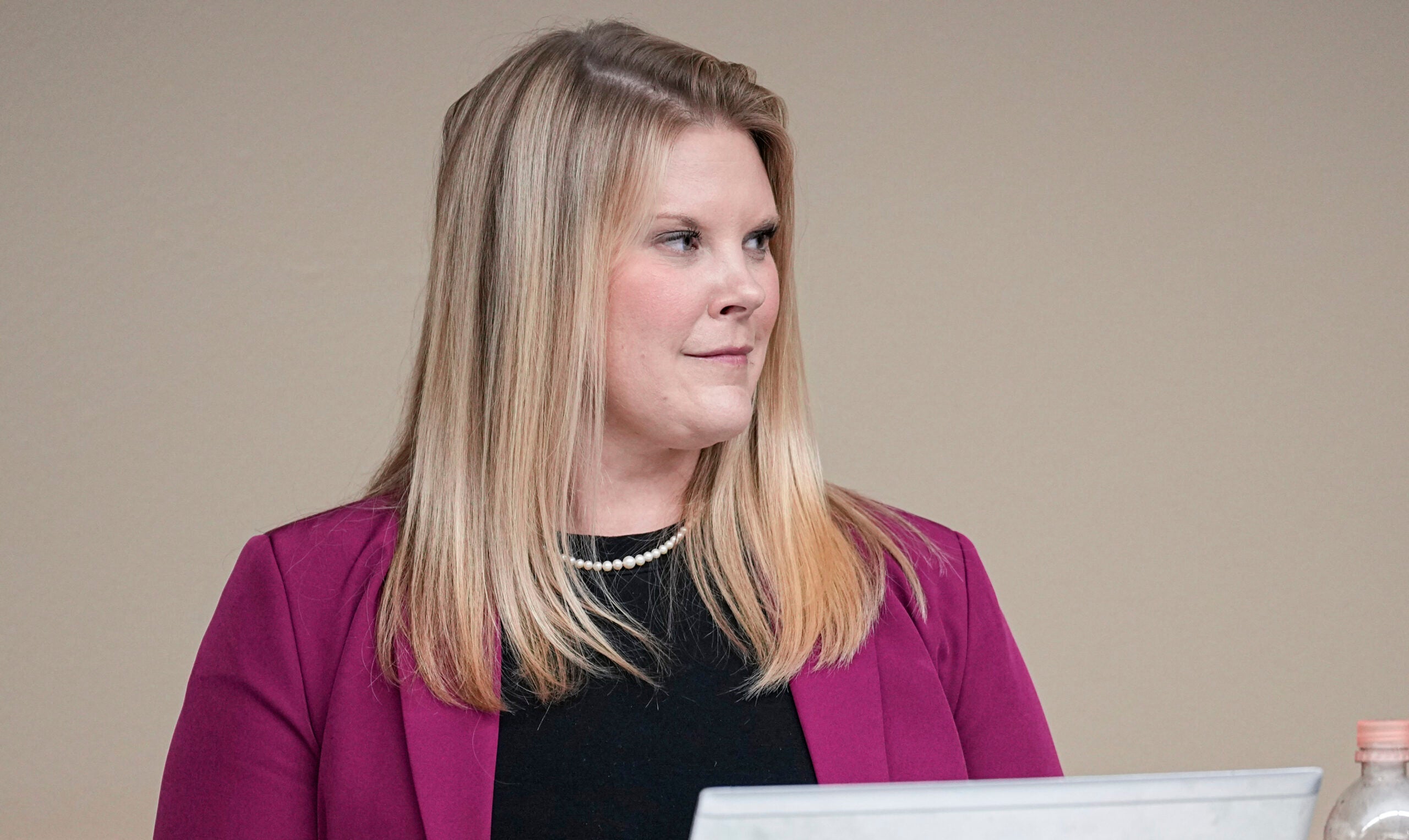Wisconsin officials continue to prohibit the sale of homemade baked goods despite a judge’s ruling that the law violates home bakers’ rights.
In May, Lafayette County Judge Duane Jorgenson ruled the state’s law prohibiting the sale of homemade cookies and breads wasn’t based on concerns about public health, and favored commercial bakers’ interests over home bakers.
But state officials said that ruling only applies to the three farmers who filed the lawsuit.
Stay informed on the latest news
Sign up for WPR’s email newsletter.
“We are enforcing the laws for all persons required to have licenses for retail food establishments, bakeries or food processing plants that produce baked goods for further sale. That includes all home bakeries not covered by the judge’s order,” said state Department of Agriculture, Trade and Consumer Protection spokesman Bill Cosh in an email.
Cosh declined a request to further explain DATCP’s enforcement of the law.
Erica Smith, attorney for the Institute for Justice who is representing the farmers, said the state’s narrow interpretation of the ruling is unfair to other home bakers in Wisconsin.
“Usually the government understands that if a law is unconstitutional as to one person, it would be unconstitutional to enforce it against someone else in the same circumstance,” Smith said.
In a hearing meant to clarify Jorgenson’s ruling Wednesday, Smith said the judge declined to state the ruling applied to all home bakers due to concerns about the court’s authority on the issue.
But Smith said DATCP and the state Department of Justice’s actions continue to violate home bakers rights.
“They’re violating home bakers constitutional rights twice over. One, because the law is irrational and it’s unconstitutional. But two, because it violates the right to equal protection of the laws to enforce a law against one person but not another,” Smith said.
A representative from the state Department of Justice declined a request for comment.
Wisconsin Public Radio, © Copyright 2025, Board of Regents of the University of Wisconsin System and Wisconsin Educational Communications Board.





